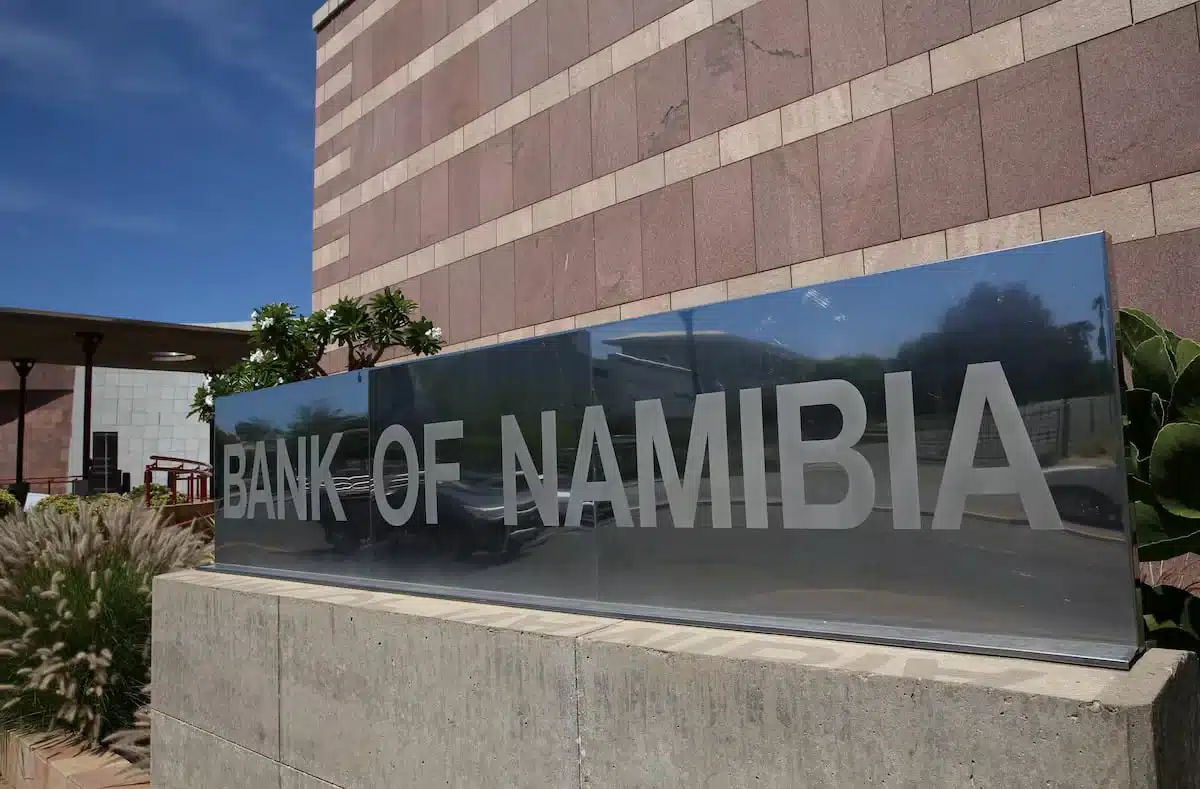The Federal Government of Nigeria (FGN) now has full ownership of Keystone Bank PLC. This new ownership of the bank was confirmed in a social media post on the bank’s Facebook page on Tuesday, 11th January 2025.
This follows an order from the Special Offences Court sitting in Lagos State for the forfeiture of shares previously held by Sigma Golf Nigeria Limited and Alhaji Umaru H. Modibbo and the handing over of the same to the FGN.
Per the bank, this new ownership status “marks a significant milestone in our journey, reinforcing our stability and paving the way for a seamless recapitalisation process. With this clarity, we are well positioned for sustained growth, stronger partnerships and enhanced profitability.”
Behind the story
On January 10th 2024, the Central Bank of Nigeria (CBN) dissolved the Board of Directors and Management of three banks, including Keystone Bank PLC for issues relating to corporate governance failure. In their stead, the CBN appointed new executives to oversee the affairs of the affected banks.
In the case of Keystone Bank, the Economic and Financial Crimes Commission (EFCC) filed a case against Sigma Golf Nigeria Limited, Alhaji Umaru H. Modibbo (its chairman), Mr Ahmed Kuru, the former Managing Director of Asset Management Corporation of Nigeria (AMCON), and Ifie Sekibo, the fugitive MD of Heritage Bank PLC.
The EFCC alleged that ₦20 billion which belonged to AMCON was illegally channelled through Heritage bank to finance Sigma Golf Nigeria’s acquisition of Keystone Bank.
EFCC also alleged that another ₦10 billion was illegally transferred and its source concealed to facilitate Sigma’s acquisition of Keystone Bank with public funds.
While Mr Kuru pleaded not guilty, Alhaji Umaru and Sigma Golf Nigeria accepted guilt and opted for a plea bargain. Three of the conditions for them (Sigma and Alhaji Umaru) to be let off the hook was that both defendants would plead guilty, that the court would wound up Sigma while the illegally acquired 6.3 billion units of ordinary shares in Keystone Bank Limited, valued at ₦1 each, would be transferred the federal government.
Why does this matter?
The banking sector is heavily regulated to protect the economy and the interests of shareholders and investors in the industry. Banks operating in Nigeria are expected to follow to the latter the provisions of directions laid down by the CBN with respect to different matters, including that of corporate governance.
Bank assets must also be proceeds from legal and legitimate means and sources to prevent cases of possible money laundering and concealing of proceeds of crime or fraud.
As Nigerian banks race to hit their respective benchmark capital requirements in the ongoing recapitalisation exercise, this serves as a clear deterrence to banks to ensure that they go about raising funds and acquiring assets legitimately.






